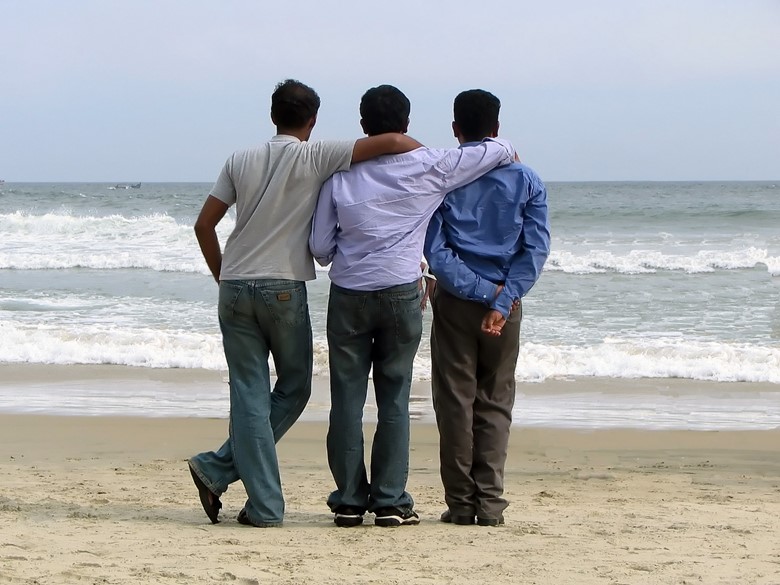The Doggie Menu
July 28, 2012 in Daily Bulletin, Signature

We’ve all heard of places which have dogs on the menu. Alina Dizik reported on the rise of restaurants that have menus designed specifically for dogs:
-
Dogs dine along with their owners and get a special menu for themselves. Some of the items include:
- Bowser beer (nonalcoholic)
- Frozen raw bone sprinkled with dill
- Freshly baked dog biscuits made by the pastry chef
- Lamb stir fry
- One place offers all of its human-menu items in doggie version. While the food is the same the price is lower for dogs because they require less preparation and don’t include side dishes.
- Chefs must be careful when designing the doggie entrees. There are foods such as onions, chocolate and dairy products that are unsafe for dogs.
- Some restaurant owners even consult with vets to ensure their menu will appeal to dogs.
- There are economic benefits to doing this. Not only does the dog-menu introduce a new revenue source, customers with dogs generally stay longer and order more food and drinks. There is also greater brand loyalty from these patrons.
- Dog-owners are regulated to the patio – a typically underutilized space. Those who dislike dogs can avoid them by eating inside.
- One restaurant had to build a separate entrance for dogs because regulations prevented dogs from walking through the human entrance.
The entire article is fascinating and sprinkled with wonderful insights. If you click on the link here you’ll find out how the restaurants deal with dogs that have to use the bathroom, how much these items may cost, what percentage of revenue doggie items make, some other dog-only menu items, how many dogs typically visit such establishments, why owners are concerned that their pets are getting old food, why certain pet owners hate the idea of a dog-only menu, and what restaurant owners and customers have to say.
Source: The Wall Street Journal
Via: Marginal Revolution









Join the Discussion! (No Signup Required)